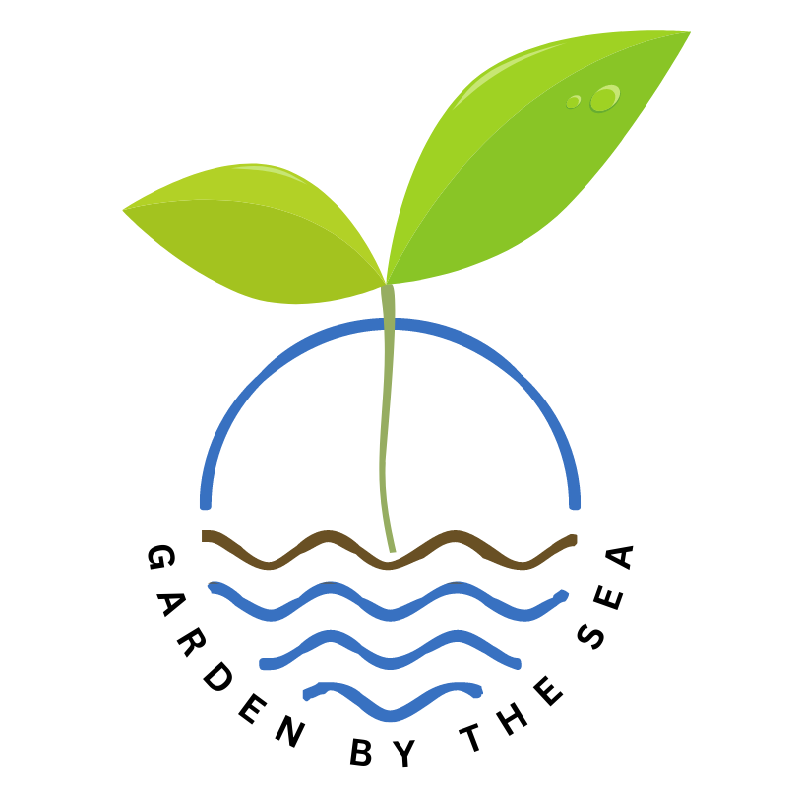We All Want To Make Our Roses Happy, and a Proper Fertilizing Regimen will Help:
Fertilization done at the right times will keep your roses healthy all season long. Keeping our roses healthy helps keep us happy too!
“Flowers always make people better, happier and more helpful; they are sunshine, food, and medicine to the soul.” Luther Burbank
PRIMARY NUTRIENTS ROSES NEED:
Nitrogen: For healthy, vigorous growth to leaves and foliage which promotes a healthy plant and more blooms. However, be careful not to give them too much nitrogen as it will cause an excess of foliage and fewer blooms. In contrast, not enough nitrogen will cause yellow leaves, stunted growth and smaller blooms.
Phosphorus: Encourages healthy roots and supports the abundant flowers we all want. Lack of phosphorus will cause leaf drop, weak flower stems, and the buds to not open.
Potassium (Potash): In the right amount, it will help boost roses back to health when they have been stressed from insect, disease, or weather damage. While too little potassium will cause yellow leaf margins, weak flower stems and poor bud development on roses.
More Nutrients: Micronutrients like calcium, magnesium, sulfur, boron, iron, manganese, and zinc will help your roses to thrive.
Before we start talking about fertilizing roses, it is good to know there are several low maintenance rose varieties that need little or no fertilizer and are more disease resistant. The list in the web link (https://www.gardening-advice.net/rose-types.html) suggests varieties that do well in coastal climates like ours.
FERTILIZERS
Organic Rose Fertilizer: There are several pre-packaged organic rose fertilizers on the market. They have balanced blends of the nutrients and some contain trace minerals and beneficial microbes. ALWAYS READ AND FOLLOW THE DIRECTIONS ON THE BAG OF FERTILIZER BEFORE APPLYING TO ROSES.
Inorganic Rose Fertilizers: These are sold at most retail nurseries and are convenient, ready to use products. However, are not considered environmentally friendly. ALWAYS READ AND FOLLOW THE DIRECTIONS ON THE BAG OF FERTILIZER BEFORE APPLYING TO THE ROSES.
HOW AND WHEN TO FERTILIZE ROSES (using organics)
Planting New Rose: After preparing the hole for your rose, amend the soil with rich organic matter. Then add and work in a slow-release organic fertilizer (per package directions). You may add a handful of bone meal to the mix for root development. It is suggested to sprinkle ¼ of a cup of Epsom salt around the base of the plant to promote foliar and cane growth. Continue to fertilize with a mild fertilizer, such as fish emulsion, (per directions on label) every 3 to 4 weeks. Remember, full strength fertilizers will be too harsh for your new roses.
Established Roses: Begin fertilizing early to mid-spring just as the new leaves are appearing. Top dress with alfalfa meal (5-1-2) as this will help with leaf development, along with Epsom salts for new cane development and lush growth. When shoots are 4 to 5 inches tall apply an organic slow-release fertilizer (per package directions). During the season continue to feed your roses every 2 to 4 weeks depending the organic fertilizer being used (check the directions on the package). Then as we go into late summer and early fall, apply a slow-release organic fertilizer with a low nitrogen content. Bone meal is suggested to promote root growth for next year’s blooms. Remember to STOP fertilizing 6 to 8 weeks before the average first frost date to stop new growth from being damaged by frost.
TIPS: Your soil should show a PH level between 6.0 and 7.0. Test your soil to see what adjustments you may need and what type of fertilizer will bring your soil’s PH to that level.
Water roses before and after applying fertilizer.
To avoid stressing your roses, do not fertilize them in extreme heat. If you need to re-fertilize when it is hot, wait until it cools off before applying fertilizer. Remember to water-well before and after.
Be sure to apply foliar sprays to roses in the early morning so the leaves will be able to dry during the day.
Keep a gardening calendar so you will remember when you have sprayed and fertilized your roses.
Enjoy your beautiful rose garden!!



